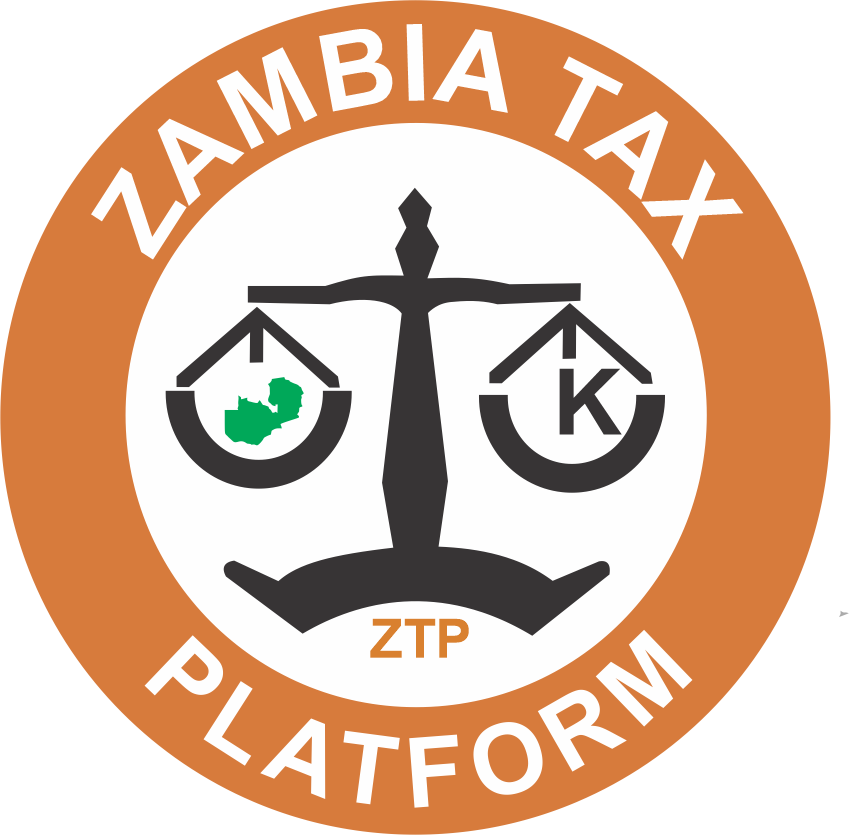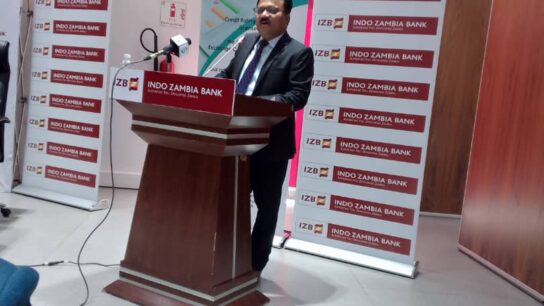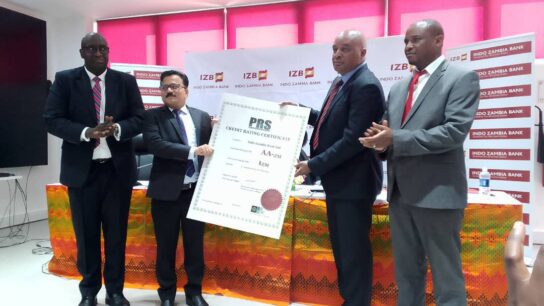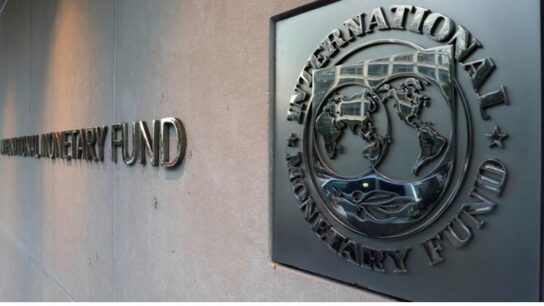• Government must stay committed to implementing properly the 2018 public finance management act.
• 20 years later, the 2022 national budget follows a similar trend to the past national budget.
• Aggressive resource mobilization through a properly implemented tax policy is the only sure way to improve revenue collection.
Zambia Tax Platform (ZTP) says closing the fiscal deficit requires a mix of policies aimed at effectively managing the country’s public debt as well as improving resource mobilization through non-financing means.
ZTP Coordinator Ibrahim Kamala noted it is important that government remains committed to improving debt management in the country.
Mr Kamala pointed out that as debt service payments continue to put pressure on the national budget, halting commercial borrowing and turning to concessional borrowing cannot be overemphasized adding that there is also a need to strengthen the law around debt contraction and enforce that around the management of public resources.
He said government must stay committed to implementing properly the 2018 public finance management act as well as amend the loans and guarantees Act to enhance oversight on borrowing and deal with political overrides.
Mr. Kamala narrated that Zambia had continued to experience fiscal deficits for many year highlighting that in 2001, the country’s fiscal deficit stood at 4.7 percent of Gross Domestic Product after shooting over the initial target of 3.3 percent, the same year, the Zambia Revenue Authority (ZRA) had collected revenues in excess of the target by 5.3 percent.
“In 2002, the Government proposed to spend a total of K5.7 billion (35.5 percent of GDP). Of this amount, only 60.4 percent was to be generated internally and the rest was to be financed externally of which 50 percent was to be financed by the World Bank (WB) and the International Monetary Fund (IMF).
According to him, 20 years later, the 2022 national budget follows a similar trend to the past national budget.
“It proposes to spend K173.00 billion of which only K100.7 billion will be realized from revenues and grants, leaving a gross financing gap of K72.3 billion (or 6.7 percent of GDP).”
The ZTP Coordinator is of the view that restructuring current debt will help ease the fiscal space adding that renegotiating loans such as those owed to China and refinancing Eurobonds is critical towards fiscal stability which must be done after investor confidence has been restored to avoid higher costs.
“Aggressive resource mobilization through a properly implemented tax policy is the only sure way to improve revenue collection,” Mr. Kamal sated.
He explained measures that could be taken include reviewing outdated tax treaties that have lost their basis and properly implementing tax incentives to ensure that the country does not lose out on revenues.
These factors include institutional capacity as an ongoing process which would increase the revenue authority’s ability to collect new taxes as well as upgrading information and communications systems if the revenue authority is to capitalize from the modern economy, Ibrahim Kamal the Zambia Taxi Platform Coordinator explained.







